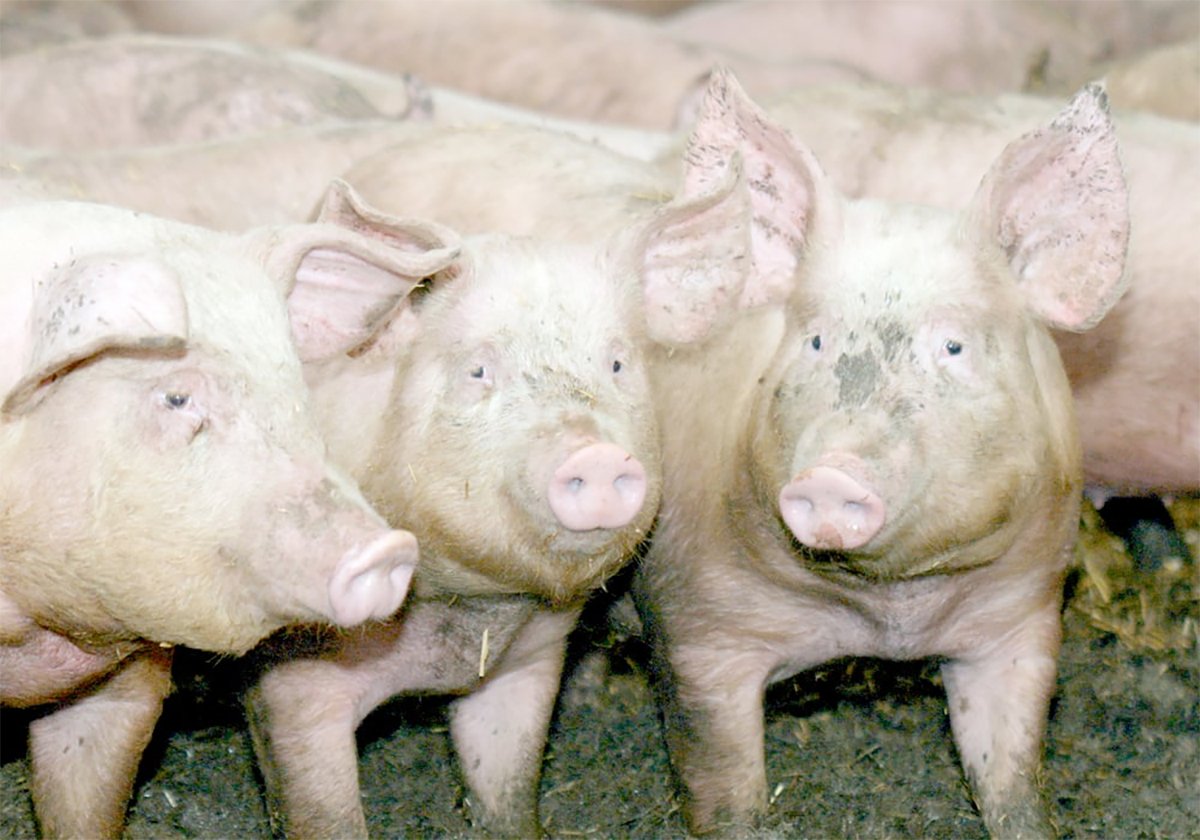RED DEER Ñ After Don Lysons completed an environmental audit of his farm near Ponoka, Alta., he considered it an enlightening experience.
It opened his eyes to the good things he was doing in addition to improvements needed.
“The nice thing about this program is you can self analyze,” he said.
Yet talking to his neighbours, few know about the program. Others worried it could cost them money or invite snoops around their farms.
“They still believe government officials are going to inspect their place and they don’t want to get into trouble,” he said at the annual meeting of Alberta agricultural economists in Red Deer May 6.
Read Also

The Western Producer Livestock Report – October 2, 2025
Western Producer Livestock Report for October 2, 2025. See U.S. & Canadian hog prices, Canadian bison & lamb market data and sale insight.
Some people know they have problems but cannot afford to make improvements during a period of poor commodity prices for grain and livestock.
“It is demanding a lot of producers to make changes when they don’t have the cash to do it,” Lysons said.
The three-year-old program is confidential and Lysons never met the reviewers of his plan. In fact, he was impressed with the level of knowledge and advice he was offered.
“What I have is legal but maybe I should upgrade or do something better.”
He discovered one of his main problems was fuel storage so he needs to find ways to prevent leaks and spills.
He heard about the program through word of mouth and decided to join so he could use it as a marketing tool to show food is raised on his place in an environmentally proper manner. Secondly, he believed it is the right thing to do.
He attended two workshops and received a detailed workbook to analyze his farm. It took about four hours to fill out but he has heard some complain it takes about 10 hours for a larger, diverse operation.
Lysons liked the voluntary sign-up aspect. He said mandatory enforcement will not work among stubborn, independent farmers.
“You’ll get better results with a carrot in front of them rather than a stick behind them.”
Therese Tompkins, one of the Alberta provincial co-ordinators promoting the program through a non-profit company, said the course covers every aspect of a farm or ranch.
Coverage includes soil care, wetland management and the handling of facilities on the farm such as care of septic tanks, dugouts, livestock wintering sites and fuel and chemical storage. Plans for spill cleanup are discussed, as well as how to identify concerns and fix them.
Alberta was the first province to join the federal government’s environmental project funding program. Environmental farm plans were proposed in 2001 when the agriculture policy framework was unveiled. At that time then federal agriculture minister Lyle Vanclief made the optimistic prediction that every farm should have a plan in five years time.
The Prairie Farm Rehabilitation Administration handles applications and grants for cost-shared projects offering 30 to 50 percent funding depending on the type. So far, 85 projects have been submitted and about $300,000 has been approved in Alberta.
At the end of April, more than 2,800 Alberta farmers had attended an initial workshop. About 2,100 returned to the second workshop and 900 plans had been reviewed.
Emmanuel Yiridoe, an agriculture economist with the Nova Scotia Agricultural College, studied farmer attitudes about environmental plans. He found many farmers were concerned about the cost of improvements.
“It may determine whether a farm is competitive in the market or not,” he said.
A large number surveyed said they received no financial benefits from joining, but did receive other benefits in terms of goodwill and the sense of doing the right thing.
Of equal concern among those surveyed are the possible loss of confidentiality and the fear of going to court over an environmental violation.

















